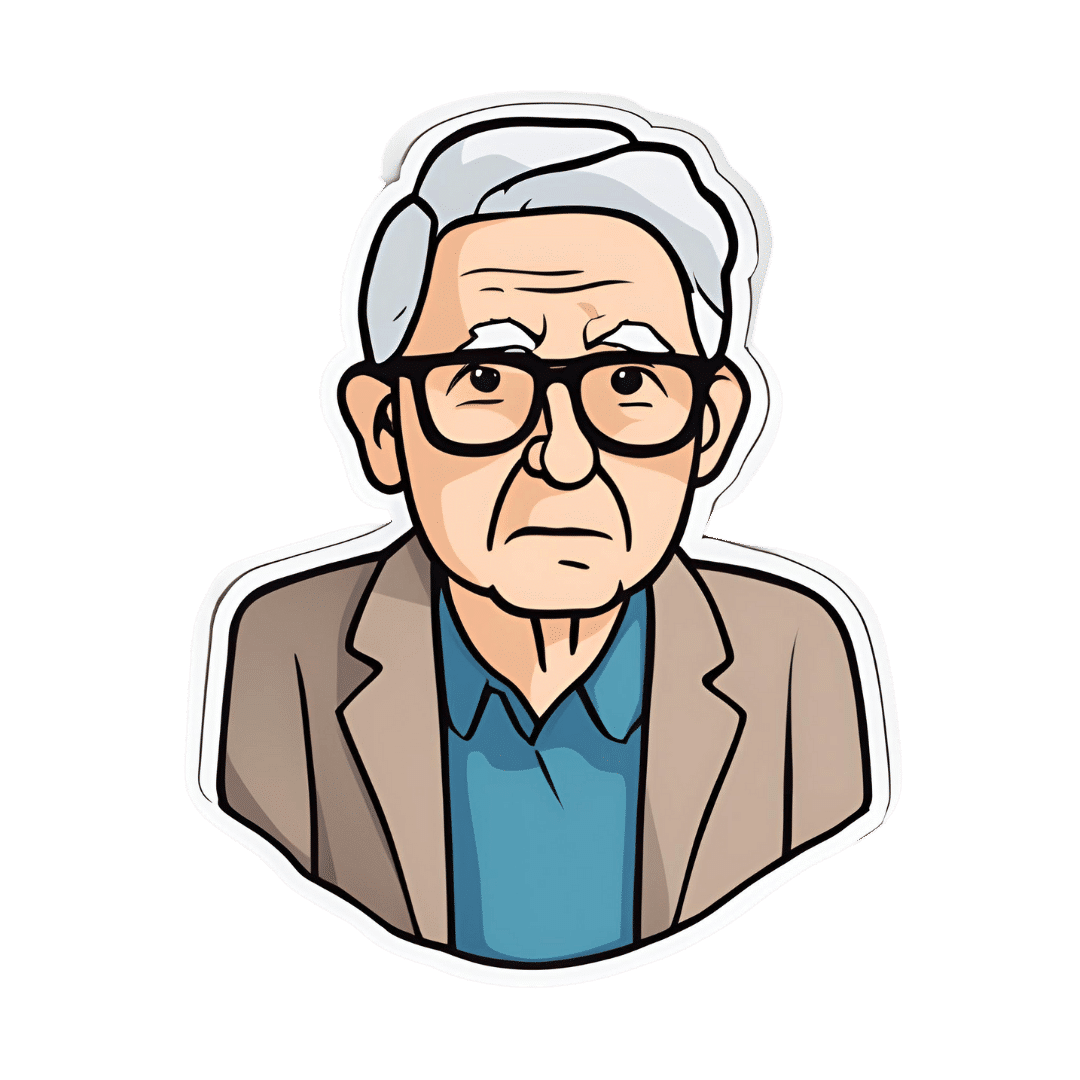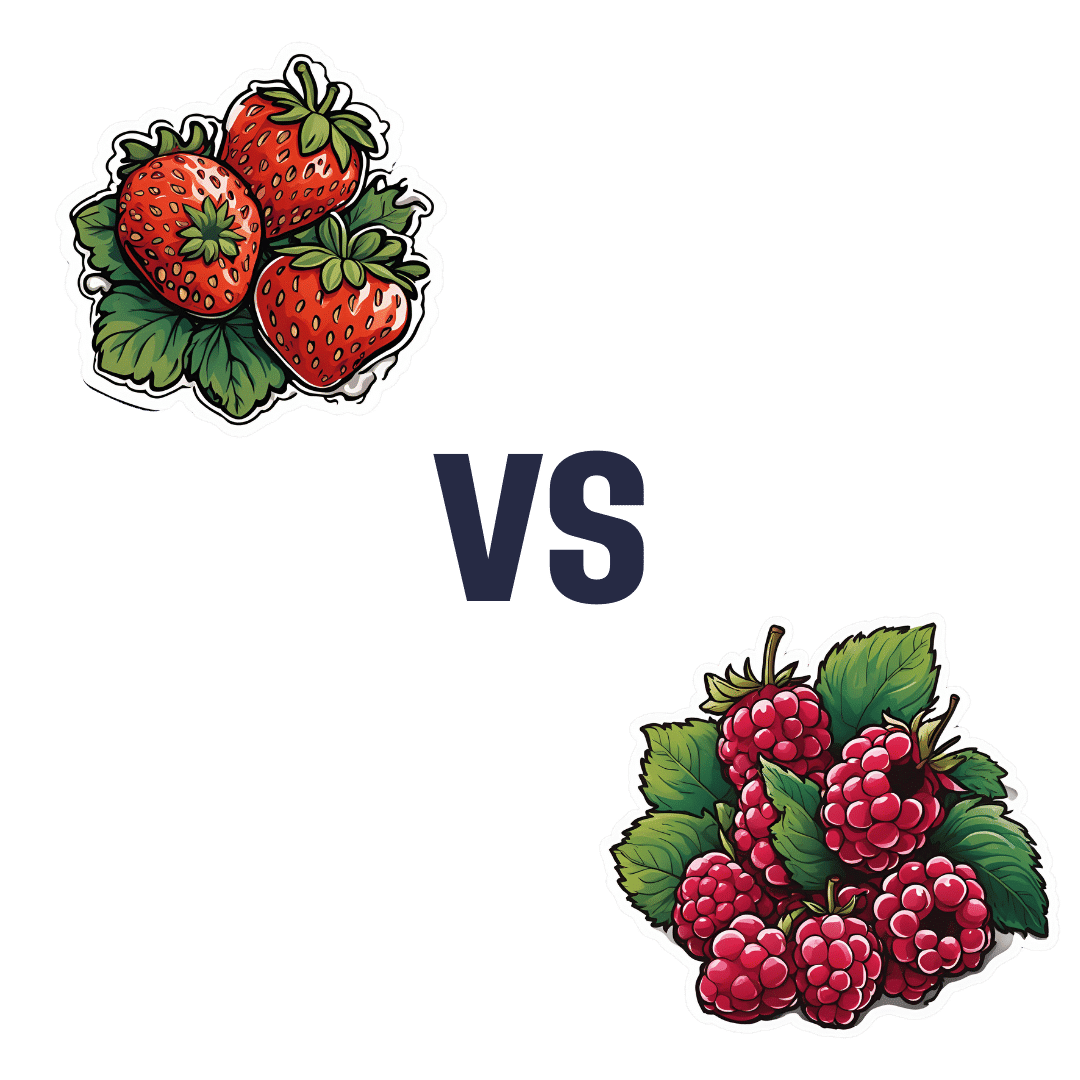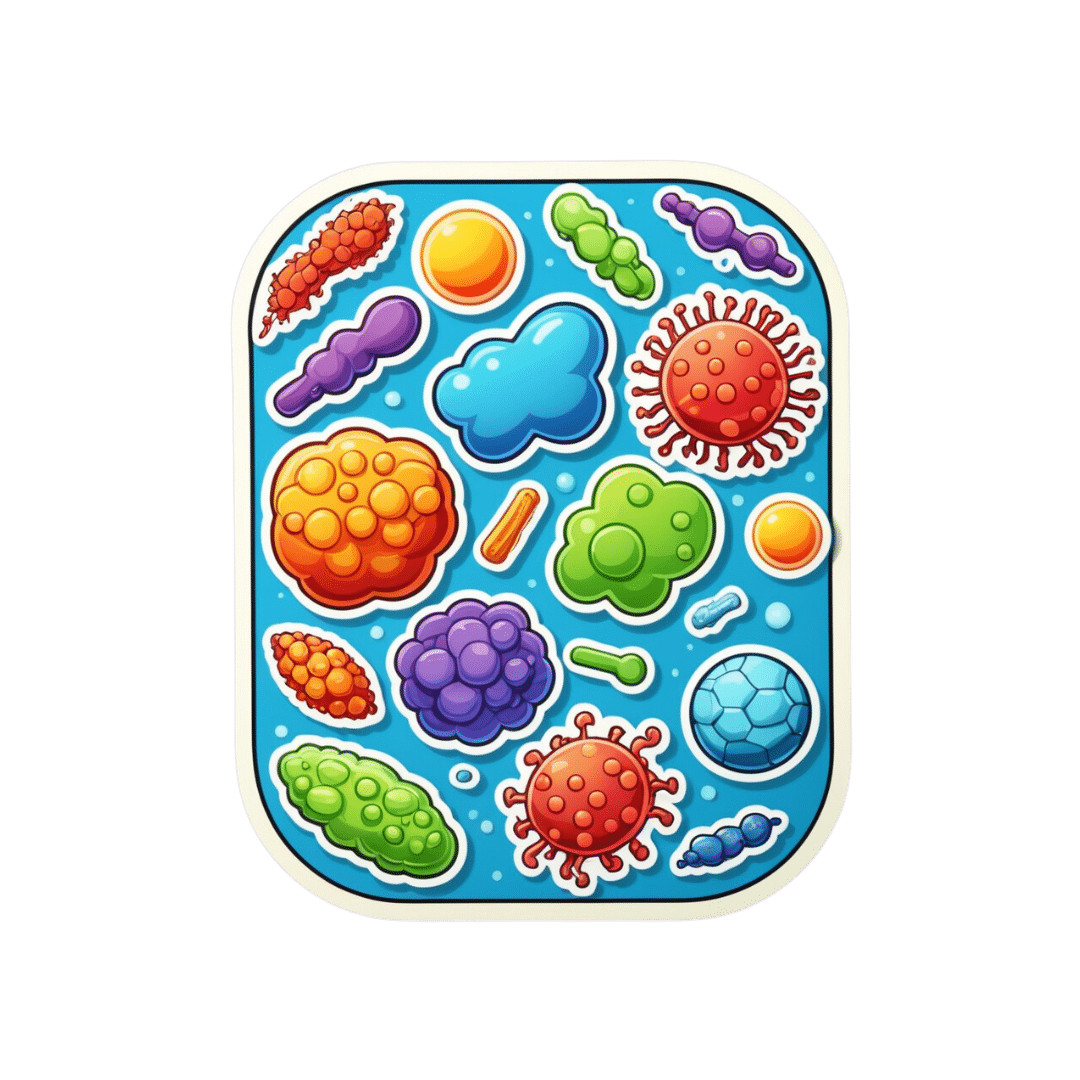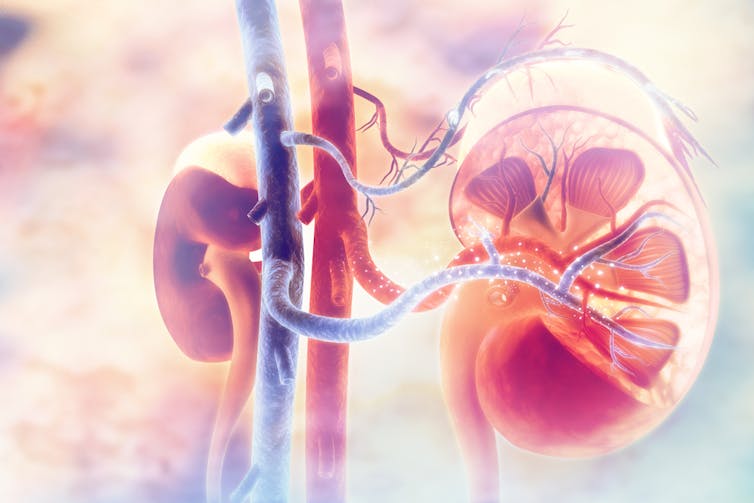
The Lies That Depression Tells Us
10almonds is reader-supported. We may, at no cost to you, receive a portion of sales if you purchase a product through a link in this article.
In this short (6:42) video, psychiatrist Dr. Tracey Marks talks about 8 commonly-believed lies that depression often tells us. They are:
- “I don’t measure up”
- “No one cares about me”
- “I’m better off alone”
- “No one understands”
- “It’s all my fault”
- “I have no reason to be depressed”
- “Nothing matters”
- “I’ll never get better”
Some of these can be reinforced by people around us; it’s easy to believe that “no one understands” if for example the few people we interact with the most don’t understand, or that “I have no reason to be depressed” if people try to cheer you up by pointing out your many good fortunes.
The reality, of course, is that depression is a large, complex, and many-headed beast, with firm roots in neurobiology.
There are things we can do that may ameliorate it… But they also may not, and sometimes life is just going to suck for a while. That doesn’t mean we should give up (that, too, is depression lying to us, per “I’ll never get better”), but it does mean that we should not be so hard on ourselves for not having “walked it off” the way one might “just walk off” a broken leg.
Oh, you can’t “just walk off” a broken leg? Well then, perhaps it’s not surprising if we don’t “just think off” a broken brain, either. The brain can rebuild itself, but that’s a slow process, so buckle in:
Click Here If The Embedded Video Doesn’t Load Automatically!
Want to know more?
You might like these previous articles of ours about depression (managing it, and overcoming it):
- The Mental Health First-Aid That You’ll Hopefully Never Need
- Behavioral Activation Against Depression & Anxiety
- The Easiest Way To Take Up Journaling
- Antidepressants: Personalization Is Key!
Take care!
Don’t Forget…
Did you arrive here from our newsletter? Don’t forget to return to the email to continue learning!
Recommended
Learn to Age Gracefully
Join the 98k+ American women taking control of their health & aging with our 100% free (and fun!) daily emails:
-
7 Signs of Undiagnosed Autism in Adults
10almonds is reader-supported. We may, at no cost to you, receive a portion of sales if you purchase a product through a link in this article.
When it comes to adults and autism, there are two kinds of person in the popular view: those who resemble the Rain Man, and those who are making it up. But, it’s not so, as Paul Micallef explains:
The signs
We’ll not keep them a mystery; they are:
- Social interaction difficulties: such a person may struggle with understanding social cues, leading to awkwardness, isolation, or appearing eccentric.
- Need for structure and routine: either highly structured or disorganized, both of which stem from executive function challenges. The former, of course, is a coping mechanism, while the latter is the absence of same.
- Sensory sensitivities: can include sensitivities or insensitivities to light, sound, temperature, smells, tastes, and so forth.
- Spiky skillset: extreme strengths in certain areas, coupled with significant difficulties in others, leading to uneven abilities. May be able to dismantle and rebuild a PC, while not knowing how to arrange an Über.
- Emotional regulation issues: experiences of meltdowns, shutdowns, or withdrawal as coping mechanisms when overwhelmed. Not that this is “or”, not necessarily “and”. The latter goes especially unnoticed as an emotional regulation issue, because for everyone else, it’s something that’s not there to see.
- Unusual associations: making mental connections or associations that seem random or uncommon compared to others. The mind went to 17 places quickly and while everyone else got from idea A to idea B, this person is already at idea Q.
- Being “just different”: a general sense of being the odd one out, standing out in subtle or distinct ways. This is rather a catch-all, but if there’s someone who fits this, there’s a good chance, the other things apply too.
For more on all of these, whether pertaining to yourself or a loved one (or both!), enjoy:
Click Here If The Embedded Video Doesn’t Load Automatically!
Want to learn more?
You might also like to read:
- 16 Overlooked Autistic Traits In Women
- What is AuDHD? 5 important things to know when someone has both autism and ADHD
Take care!
Share This Post
-
Easy Ways To Fix Brittle, Dry, Wiry Hair
10almonds is reader-supported. We may, at no cost to you, receive a portion of sales if you purchase a product through a link in this article.
Dr. Sam Ellis, a dermatologist, specializes in skin, hair, and nail care—and she’s here with professional knowledge:
Tackling the problem at the root
As we age, hair becomes less shiny, more brittle, coarse, wiry, or gray. More concerningly for many, hair thinning and shedding increases due to shortened growth phases and hormonal changes.
The first set of symptoms there are largely because sebum production decreases, leading to dry hair. It’s worth bearing in mind though, that factors like UV radiation, smoking, stress, and genetics contribute to hair aging too. So while we can’t do much about genetics, the modifiable factors are worth addressing.
Menopause and the corresponding “andropause” impact hair health, and hormonal shifts, not just aging, drive many hair changes. Which is good to know, because it means that HRT (mostly: topping up estrogen or testosterone as appropriate) can make a big difference. Additionally, topical/oral minoxidil and DHT blockers (such as finasteride or dutasteride) can boost hair density. These things come with caveats though, so do research any possible treatment plan before embarking on it, to be sure you are comfortable with all aspects of it—including that if you use minoxidil, while on the one hand it indeed works wonders, on the other hand, you’ll then have to keep using minoxidil for the rest of your life or your hair will fall out when you stop. So, that’s a commitment to be thought through before beginning.
Nutritional deficiencies (iron, zinc, vitamin D) and insufficient protein intake hinder hair growth, so ensure proper nutrition, with sufficient protein and micronutrients.
While we’re on the topic of “from the inside” things: take care to manage stress healthily, as stress negatively affects hair health.
Now, as for “from the outside”…
Dr. Ellis recommends moisturizing shampoos/conditioners; Virtue and Dove brands she mentions positively. She also recommends bond repair products (such as K18 and Olaplex) that restore hair integrity, and heat protectants (she recommends: Unite 7 Seconds) as well as hair oils in general that improve hair condition.
For more on all of this, enjoy:
Click Here If The Embedded Video Doesn’t Load Automatically!
Want to learn more?
You might also like to read:
Take care!
Share This Post
-
Strawberries vs Raspberries – Which is Healthier?
10almonds is reader-supported. We may, at no cost to you, receive a portion of sales if you purchase a product through a link in this article.
Our Verdict
When comparing strawberries to raspberries, we picked the raspberries.
Why?
They’re both very respectable fruits, of course! But it’s not even close, and there is a clear winner here…
In terms of macros, the biggest difference is that raspberries have moderately more carbs, and more than 3x the fiber. Technically they also have 2x the protein, but that’s a case of “two times almost nothing is still almost nothing”. All in all, and especially for the “more than 3x the fiber” (6.5g/100g to strawberries’ 2g/100g), this one’s an easy win for raspberries.
When it comes to vitamins, strawberries have more vitamin C, while raspberries have more of vitamins A, B1, B2, B3, B5, B6, E, K, and choline. Another clear and easy win for raspberries.
In the category of minerals, guess what, raspberries win this hands-down, too: strawberries are higher in selenium, while raspberries have more calcium, copper, iron, magnesium, manganese, phosphorus, and zinc.
Adding up all the individual wins (all for raspberries), it’s not hard to say that raspberries win the day. Still, of course, enjoy either or both; diversity is good!
Want to learn more?
You might like to read:
From Apples to Bees, and High-Fructose Cs: Which Sugars Are Healthier, And Which Are Just The Same?
Take care!
Share This Post
Related Posts
-
Men have a biological clock too. Here’s what’s more likely when dads are over 50
10almonds is reader-supported. We may, at no cost to you, receive a portion of sales if you purchase a product through a link in this article.
We hear a lot about women’s biological clock and how age affects the chance of pregnancy.
New research shows men’s fertility is also affected by age. When dads are over 50, the risk of pregnancy complications increases.
Data from more than 46 million births in the United States between 2011 and 2022 compared fathers in their 30s with fathers in their 50s.
While taking into account the age of the mother and other factors known to affect pregnancy outcomes, the researchers found every ten-year increase in paternal age was linked to more complications.
The researchers found that compared to couples where the father was aged 30–39, for couples where the dad was in his 50s, there was a:
- 16% increased risk of preterm birth
- 14% increased risk of low birth weight
- 13% increase in gestational diabetes.
The older fathers were also twice as likely to have used assisted reproductive technology, including IVF, to conceive than their younger counterparts.
Steven van Loy/Unsplash Dads are getting older
In this US study, the mean age of all fathers increased from 30.8 years in 2011 to 32.1 years in 2022.
In that same period, the proportion of men aged 50 years or older fathering a child increased from 1.1% to 1.3%.
We don’t know the proportion of men over 50 years who father children in Australia, but data shows the average age of fathers has increased.
In 1975 the median age of Australian dads was 28.6 years. This jumped to 33.7 years in 2022.
How male age affects getting pregnant
As we know from media reports of celebrity dads, men produce sperm from puberty throughout life and can father children well into old age.
However, there is a noticeable decline in sperm quality from about age 40.
Female partners of older men take longer to achieve pregnancy than those with younger partners.
A study of the effect of male age on time to pregnancy showed women with male partners aged 45 or older were almost five times more likely to take more than a year to conceive compared to those with partners aged 25 or under. More than three quarters (76.8%) of men under the age of 25 years impregnated their female partners within six months, compared with just over half (52.9%) of men over the age of 45.
Pooled data from ten studies showed that partners of older men are also more likely to experience miscarriage. Compared to couples where the male was aged 25 to 29 years, paternal age over 45 years increased the risk of miscarriage by 43%.
Older men are more likely to need IVF
Outcomes of assisted reproductive technology, such as IVF, are also influenced by the age of the male partner.
A review of studies in couples using assisted reproductive technologies found paternal age under 40 years reduced the risk of miscarriage by about 25% compared to couples with men aged over 40.
Having a male under 40 years also almost doubled the chance of a live birth per treatment cycle. With a man over 40, 17.6% of treatment rounds resulted in a live birth, compared to 28.4% when the male was under 40.
How does male age affect the health outcomes of children?
As a result of age-related changes in sperm DNA, the children of older fathers have increased risk of a number of conditions. Autism, schizophrenia, bipolar disorders and leukaemia have been linked to the father’s advanced years.
A review of studies assessing the impact of advanced paternal age reported that children of older fathers have increased rates of psychiatric disease and behavioural impairments.
But while the increased risk of adverse health outcomes linked to older paternal age is real, the magnitude of the effect is modest. It’s important to remember that an increase in a very small risk is still a small risk and most children of older fathers are born healthy and develop well.
Improving your health can improve your fertility
In addition to the effects of older age, some chronic conditions that affect fertility and reproductive outcomes become more common as men get older. They include obesity and diabetes which affect sperm quality by lowering testosterone levels.
While we can’t change our age, some lifestyle factors that increase the risk of pregnancy complications and reduce fertility, can be tackled. They include:
- smoking
- recreational drug taking
- anabolic steroid use
- heavy alcohol consumption.
Get the facts about the male biological clock
Research shows men want children as much as women do. And most men want at least two children.
Yet most men lack knowledge about the limitations of female and male fertility and overestimate the chance of getting pregnant, with and without assisted reproductive technologies.
We need better public education, starting at school, to improve awareness of the impact of male and female age on reproductive outcomes and help people have healthy babies.
For men wanting to improve their chance of conceiving, the government-funded sites Healthy Male and Your Fertility are a good place to start. These offer evidence-based and accessible information about reproductive health, and tips to improve your reproductive health and give your children the best start in life.
Karin Hammarberg, Senior Research Fellow, Global and Women’s Health, School of Public Health & Preventive Medicine, Monash University
This article is republished from The Conversation under a Creative Commons license. Read the original article.
Don’t Forget…
Did you arrive here from our newsletter? Don’t forget to return to the email to continue learning!
Learn to Age Gracefully
Join the 98k+ American women taking control of their health & aging with our 100% free (and fun!) daily emails:
-
Which gut drugs might end up in a lawsuit? Are there really links with cancer and kidney disease? Should I stop taking them?
10almonds is reader-supported. We may, at no cost to you, receive a portion of sales if you purchase a product through a link in this article.
Common medicines used to treat conditions including heartburn, reflux, indigestion and stomach ulcers may be the subject of a class action lawsuit in Australia.
Lawyers are exploring whether long-term use of these over-the-counter and prescription drugs are linked to stomach cancer or kidney disease.
The potential class action follows the settlement of a related multi-million dollar lawsuit in the United States. Last year, international pharmaceutical company AstraZeneca settled for US$425 million (A$637 million) after patients made the case that two of its drugs caused significant and potentially life-threatening side effects.
Specifically, patients claimed the company’s drugs Nexium (esomeprazole) and Prilosec (omeprazole) increased the risk of kidney damage.
Doucefleur/Shutterstock Which drugs are involved in Australia?
The class of drugs we’re talking about are “proton pump inhibitors” (sometimes called PPIs). In the case of the Australian potential class action, lawyers are investigating:
- Nexium (esomeprazole)
- Losec, Asimax (omeprazole)
- Somac (pantoprazole)
- Pariet (rabeprazole)
- Zoton (lansoprazole).
Depending on their strength and quantity, these medicines are available over-the-counter in pharmacies or by prescription.
They have been available in Australia for more than 20 years and are in the top ten medicines dispensed through the Pharmaceutical Benefits Scheme.
They are used to treat conditions exacerbated by stomach acid. These include heartburn, gastric reflux and indigestion. They work by blocking the protein responsible for pumping acid into the stomach.
These drugs are also prescribed with antibiotics to treat the bacterium Helicobacter pylori, which causes stomach ulcers and stomach cancer.
This class of drugs is also used with antibiotics to treat Helicobacter pylori infections. nobeastsofierce/Shutterstock What do we know about the risks?
Appropriate use of proton pump inhibitors plays an important role in treating several serious digestive problems. Like all medicines, there are risks associated with their use depending on how much and how long they are used.
When proton pump inhibitors are used appropriately for the short-term treatment of stomach problems, they are generally well tolerated, safe and effective.
Their risks are mostly associated with long-term use (using them for more than a year) due to the negative effects from having reduced levels of stomach acid. In elderly people, these include an increased risk of gut and respiratory tract infections, nutrient deficiencies and fractures. Long-term use of these drugs in elderly people has also been associated with an increased risk of dementia.
In children, there is an increased risk of serious infection associated with using these drugs, regardless of how long they are used.
How about the cancer and kidney risk?
Currently, the Australian consumer medicine information sheets that come with the medicines, like this one for esomeprazole, do not list stomach cancer or kidney injury as a risk associated with using proton pump inhibitors.
So what does the evidence say about the risk?
Over the past few years, there have been large studies based on observing people in the general population who have used proton pump inhibitors. These studies have found people who take them are almost two times more likely to develop stomach cancer and 1.7 times more likely to develop chronic kidney disease when compared with people who are not taking them.
In particular, these studies report that users of the drugs lansoprazole and pantoprazole have about a three to four times higher risk than non-users of developing chronic kidney disease.
While these observational studies show a link between using the drugs and these outcomes, we cannot say from this evidence that one causes the other.
Researchers have not yet shown these drugs cause kidney disease. crystal light/Shutterstock What can I do if I’m worried?
Several digestive conditions, especially reflux and heartburn, may benefit from simple dietary and lifestyle changes. But the overall evidence for these is not strong and how well they work varies between individuals.
But it may help to avoid large meals within two to three hours before bed, and reduce your intake of fatty food, alcohol and coffee. Eating slowly and getting your weight down if you are overweight may also help your symptoms.
There are also medications other than proton pump inhibitors that can be used for heartburn, reflux and stomach ulcers.
These include over-the-counter antacids (such as Gaviscon and Mylanta), which work by neutralising the acidic environment of the stomach.
Alternatives for prescription drugs include nizatidine and famotidine. These work by blocking histamine receptors in the stomach, which decreases stomach acid production.
If you are concerned about your use of proton pump inhibitors it is important to speak with your doctor or pharmacist before you stop using them. That’s because when you have been using them for a while, stopping them may result in increased or “rebound” acid production.
Nial Wheate, Professor and Director – Academic Excellence, Macquarie University; Joanna Harnett, Senior Lecturer – Sydney Pharmacy School, Faculty of Medicine and Health, University of Sydney, and Wai-Jo Jocelin Chan, Pharmacist and Associate Lecturer, University of Sydney
This article is republished from The Conversation under a Creative Commons license. Read the original article.
Don’t Forget…
Did you arrive here from our newsletter? Don’t forget to return to the email to continue learning!
Learn to Age Gracefully
Join the 98k+ American women taking control of their health & aging with our 100% free (and fun!) daily emails:
-
How To Reduce Knee Pain After Sitting
10almonds is reader-supported. We may, at no cost to you, receive a portion of sales if you purchase a product through a link in this article.
Sitting is bad for the health, and doubly so if you have arthritis, as a lack of regular movement can cause joints to “seize up”. So, what to do about it if you have to sit for an extended time?
Dr. Alyssa Kuhn, arthritis specialist, explains:
Movement remains key
The trick is to continue periodically moving, notwithstanding that you may need to remain seated. So…
- Heel slides
- Straighten and bend your leg by sliding or lifting your heel.
- Promotes blood flow and reduces fluid buildup in the knee.
- Helps lubricate the joint, making standing up easier.
- Heel lifts
- Lift your heels up and down while keeping feet on the ground.
- This one’s ideal for tight spaces, such as when riding in a car or airplane.
- Improves blood circulation and can reduce ankle swelling and leg heaviness.
Do 20–30 repetitions every now and again, to keep your joints moving.
Note: if you are a wheelchair user whose legs lack the strength and/or motor function to do this, in this case it’s the movement of the leg that counts, not where that movement originated from. So, if you use one hand to lift your leg slightly and the other to push it like a swing, that will also be sufficient to give the joint the periodic movement it needs.
For more on all of this plus visual demonstrations, enjoy:
Click Here If The Embedded Video Doesn’t Load Automatically!
Want to learn more?
You might also like to read:
Stand Up For Your Health (Or Don’t) ← our main feature on this also includes more things you can do if you must sit, to make sitting less bad!
Take care!
Don’t Forget…
Did you arrive here from our newsletter? Don’t forget to return to the email to continue learning!
Learn to Age Gracefully
Join the 98k+ American women taking control of their health & aging with our 100% free (and fun!) daily emails:
- Heel slides











